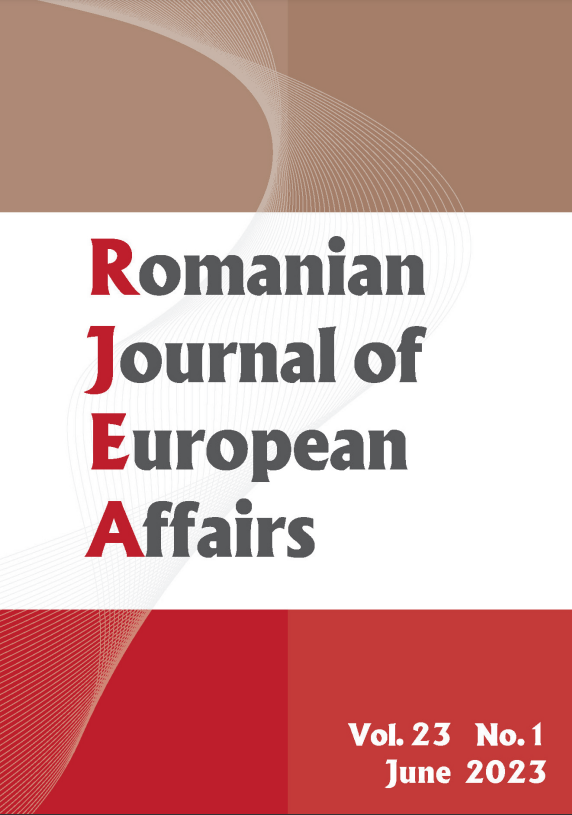A New EU Economic Governance and Fiscal Framework: What Role for the National Independent Fiscal Institutions (IFIs)?
A New EU Economic Governance and Fiscal Framework: What Role for the National Independent Fiscal Institutions (IFIs)?
Author(s): Daniel DăianuSubject(s): National Economy, Financial Markets, Public Finances
Published by: Institutul European din România
Keywords: debt sustainability; EU economic governance; fiscal rules; fiscal capacity; IFIs; investment; risk sharing; reforms; transparency;
Summary/Abstract: The European Commission’s communication on orientations for a reform of the European Union’s economic governance framework asks the European Fiscal Board (EFB) and national Independent Fiscal Institutions (IFIs) to play a more significant role in it. This vision has plenty of merit, but one needs to be careful in how to implement it. Structural reforms and public investment analysis demand an expertise hardly existing at the level of most national IFIs, and any involvement in policy design would make its assessment tricky when IFIs are part of the process: an inescapable conflict of interest would ensue. It could also be perceived as a technocratic encroachment on a democratic decision-making process. In order to play a more significant role in the EU economic governance framework, national IFIs need more resources according to the EU-wide acceptable standards of operation, and, first of all, they need to bolster their macroeconomic and debt sustainability analysis capabilities.
Journal: Romanian Journal of European Affairs
- Issue Year: 23/2023
- Issue No: 1
- Page Range: 5-17
- Page Count: 13
- Language: English

